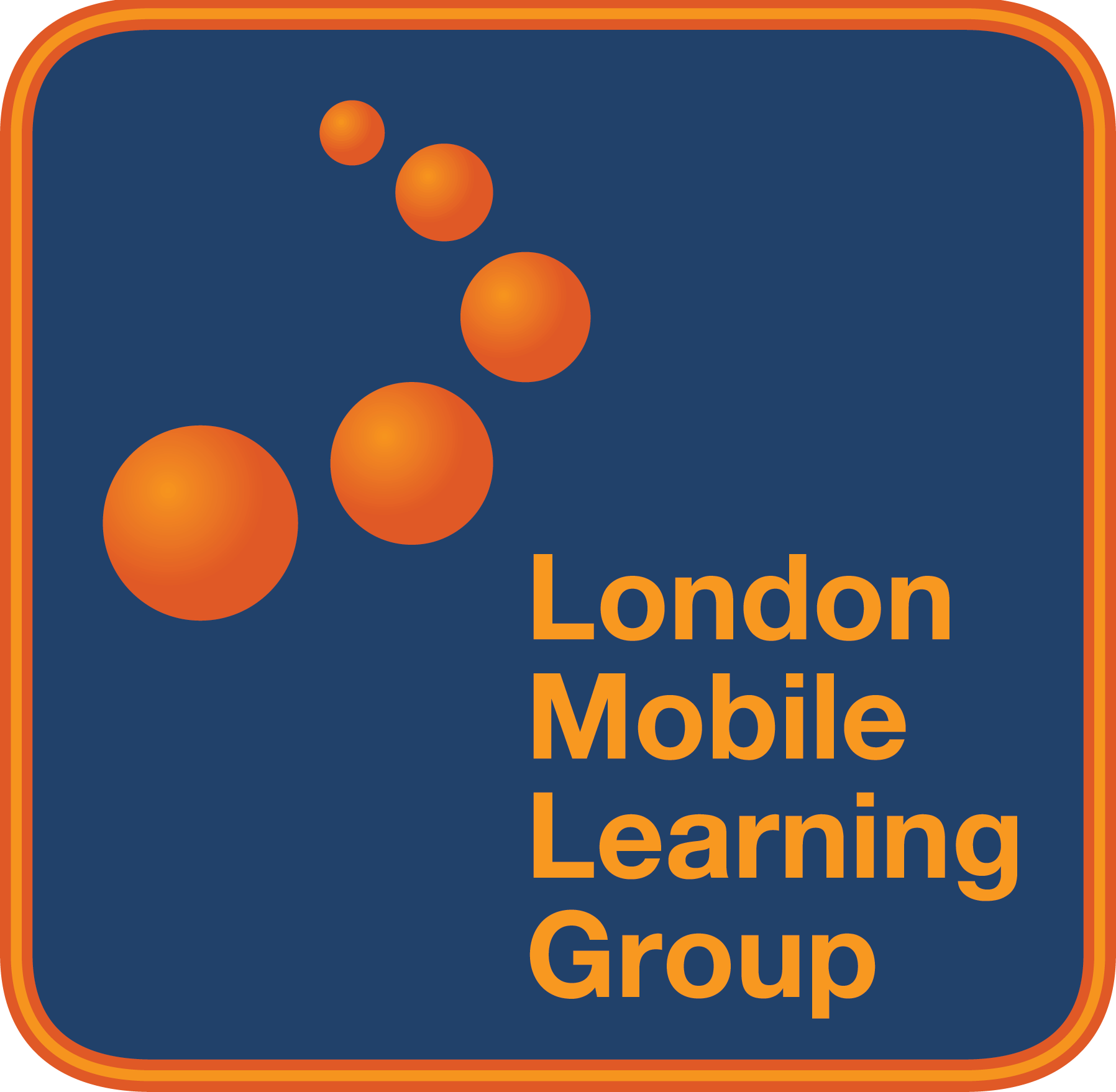Ende 2012 haben Norbert Pachler, Ben Bachmair und John Cook als Mitglieder der London Mobile Learning Group (LMLG; www.londonmobilelearning.net) zur Mitarbeit am neu gegründeten “Network for Mobile Learning Scenarios” aufgerufen. Ziel dieser Arbeitsgruppe innerhalb der LMLG ist es, kleinschrittig planbare Einheiten zum Mobilen Lernen zur Verfügung zu stellen. Diese Mobile Learning-Szenarios sind gedacht, um von Lehrerinnen und Lehrern aller Schularten und Schulstufen zur Planung und Umsetzung von alltagsnahem Mobilem Lernen genutzt zu werden. Die Szenarios sind als Lerneinheiten und Modulbausteine innerhalb umfassend angelegter M-Learning-Projekte zu verstehen und folgen einem Leitfaden. Durch die Vereinheitlichung, die durch die Arbeit mit dem Leitfaden entsteht, ist die Replizierbarkeit, Übertragbarkeit und Skalierbarkeit von M-Learning-Praxis adressiert, die oft auch Hinderungsgrund für die Adaption von (best) practice ist.
Nach nunmehr einem Jahr Arbeit des Netzwerks, das in “hubs” organisiert ist und Mitglieder in Großbritannien, Deutschland, Österreich, der Schweiz und Italien hat, zeichnen sich erste Ergebnisse ab. So stehen mittlerweile drei Vorlagen für die Planung und Analyse von Mobile Learning-Szenarien zur Verfügung, die gerade in der Testphase auf ihre Handhabbarkeit in der Praxis hin überprüft werden und entsprechend noch nicht öffentlich verfügbar sind.
Für einen ersten Überblick über Ziele, Arbeitsweise und Mitglieder des Networks dient das folgende – im Prozess der Bearbeitung begriffene – Grundlagenpapier. Es ist bislang lediglich an dieser Stelle veröffentlicht. Updates zu Arbeitsergebnissen und Grundlagenpapier werden, sobald verfügbar, hier gepostet.
Network for Mobile Learning Scenarios – Aims and Structures
(Version 0.3 from September 28, 2012; js)
At a first glance, the use of mobile technologies for learning is not obvious. This is because mobile technologies are commodity items and originally not designed for learning but for entertainment, communication, networking etc. Also, these technologies are sold as part of users’ lifestyle choices and for media consumption. At a second glance though, a manifold range of opportunities emerges. However, no standardised concepts exist (yet) for the systematic use of mobile technologies for teaching and learning. With its work the Network for Mobile Learning Scenarios, which is a sub-group of the London Mobile Learning Group (LMLG; www.londonmobilelearning.net), aims to provide concepts of how to use mobile technologies for teaching and learning without sticking to large-scale projects.
Aim
Aim of the network is to provide perspectives for the implementation of mobile technologies in teaching and learning contexts, be it formal or informal, during school or leisure time, at workplace or university, or in which place or time of the day ever, by providing “scenarios” for learning and teaching with mobile technologies. In contrast to large-scale projects scenarios can be understood as modular units which are replicable, scalable and transferable and apply to the use in specific learning.
Part of the conceptual considerations of the network is a perspective of a cultural ecology which covers amongst others the everyday use of mobile technologies, different social contexts and milieus in which people are learning, as well as different demands of educational institutions and their policies.
Target groups of the work of the network are teacher and researchers.
Structure of the network, initiator and membership
Besides designing mobile learning scenarios, the network aims to establish structures which allow for sharing of experiences with mobile learning. This will be realised by referring to the following activities and structures:
(a) The local hubs:
Local hubs are distributed over the participating countries and organised locally. Part of the function of the hubs is the realisation of local activities as well as the organisation and chairing of network meetings.
Local hubs:
- Augsburg
- Bristol
- Florence
- Hull
- Innsbruck
- London
- Ludwigshafen
- Vienna
- Zurich
(b) Internal communication tool:
Social media such as a weblog (http://scenarios.londnmobilelearning.net) will be used as tool for the communication amongst members related to the collaboration that is necessary to design scenarios, to write papers or to produce videos etc.
(c) Platforms for the presentation of projects:
Dissemination of the outcomes of the network such as scenarios, papers or videos will be made public via digital tools such as a weblog as well as through other digital and paper based media.
(d) Initiator of this open network is the London Mobile Learning Group (LMLG; www.londonmobilelearning.net). The network is open to any person interested in the aims of the network and eager to participate in the activities of the network. Members are organized via the local hubs and/or via working groups established around any of the projects gathered under (a) to (c).
Meetings
People working in one of the groups covered under (a) to (c) meet on a regular basis and work on outcomes that will be distributed via the network’s and hubs’ structures and networks.
Meetings find place on a regular basis at least twice a year. They are organised by the local hubs. Members are invited to participate either on-site or virtual in the meetings.
